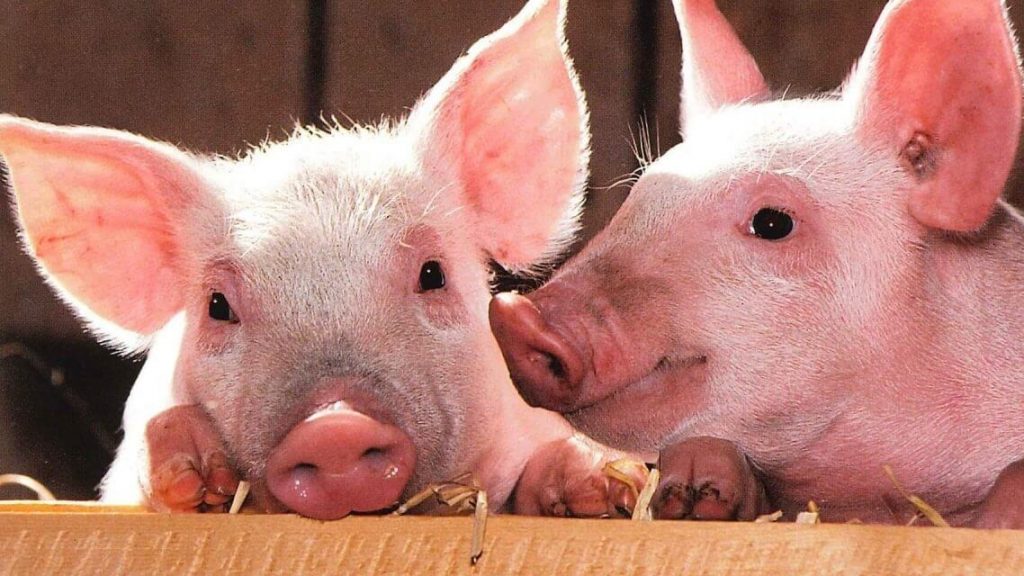Scientists have created gene-edited (GE) pigs designed to be resistant against one of the pig livestock industry’s deadliest diseases: Porcine Reproductive and Respiratory Syndrome (PRRS). However, with clean meat soon to hit the market – perhaps these efforts could be put to kinder use.
The GE pigs have a section of their genome removed to prevent PRRS – a disease which causes respiratory issues and can lead to fatalities in piglets. The change is irreversible and passed onto offspring of affected pigs. Lead researcher Dr. Christine Tait-Burkard, whose results were published in the Journal of Virology, claims the trial pigs did not experience inhibited life processes.
However, according to the BBC, Tait-Burkard and her team have received criticism for creating the GE pigs. Some experts claim it would discourage farmers from ensuring high standards of animal welfare, as they believe there could be a link between the conditions of pigs and the chance of contracting PRRS.

But it’s not just the welfare of the animals that is being brought into debate, GE pigs are raising numerous previously unexplored ethical questions. Although genetically-modified-organisms (GMOs) such as crops have been on the market for decades, genetically editing live animals is a different ball game. Whilst the World Health Organization believes that GMO foods are safe, it cannot comment on GE livestock, as its development is new and the sale is currently illegal. The BBC noted that critics are concerned that GE pigs in the food chain could alter the human genome or evoke allergies.
Whilst attempts with modern science to modify livestock have been taking place for some time (in 1989 researchers working for the US Department of Agriculture created “super pigs”) recently developed technology could put an end to industrial animal agriculture completely. Clean meat, developed from only the cell of an animal, is preparing for market launch, with a possibility of reaching price parity with traditional meat by 2020.

SuperMeat, JUST, and Memphis Meats are just some of the companies close to perfecting lab-grown meat. The production method is being hailed as a viable solution to mitigating climate change and ending factory farming. On a molecular level, clean meat is a replica of conventional meat, the key difference being that the former is slaughter-free.
Not only could clean meat feed the masses from little resources, but it would also take livestock diseases and antibiotics out of the equation – completely eliminating the need for GE livestock.


